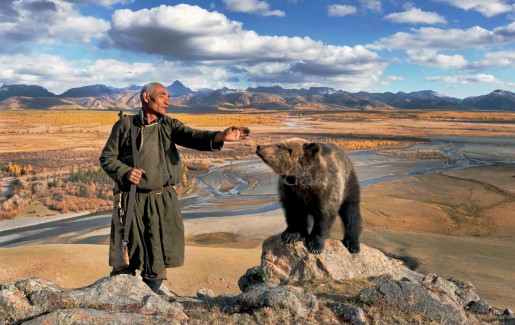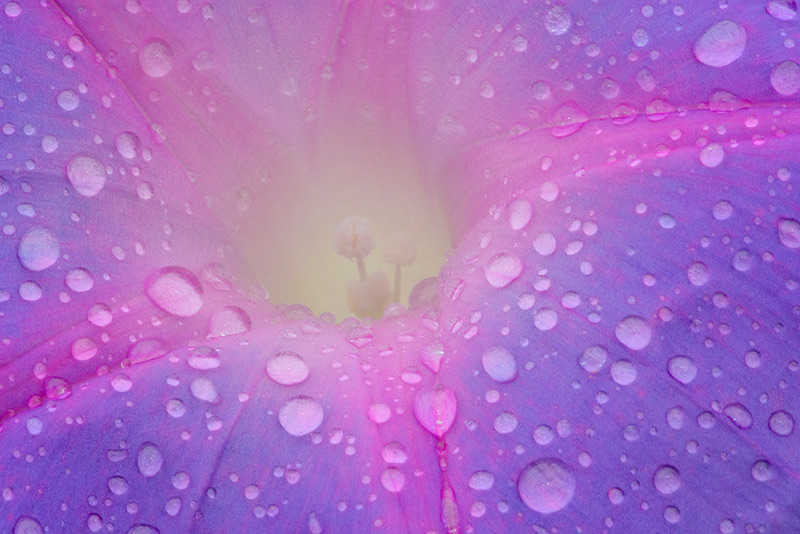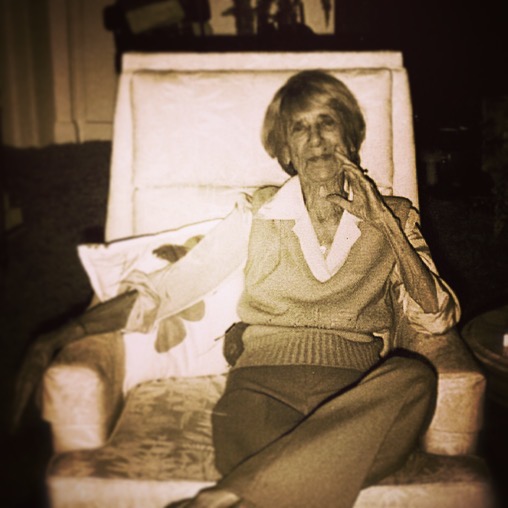
Sattva, the activity that always results in good, is the controlled activity, when we have a rein over it. This is the most difficult to attain, and needs the work and effort of a whole lifetime. All the saints and sages have had to journey through these grades and learn from experience, and they understand how difficult it is to attain control over our activity in life.
There are two ways in which we may attain control over our activity. The first is confidence in the power of our own will; to know that if we have failed today, tomorrow we will not do so. The second is to have our eyes wide open, and to watch keenly our activity in all aspects of life. It is in the dark that we fall, but in the light we can see where we are going.




